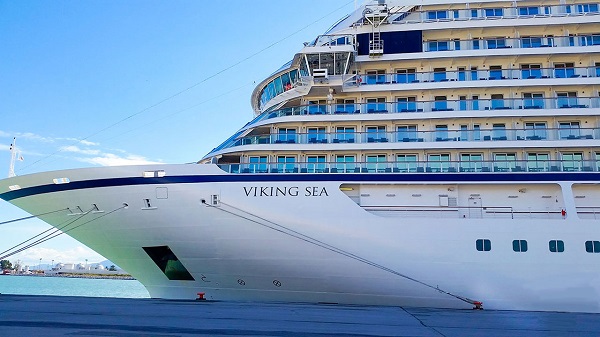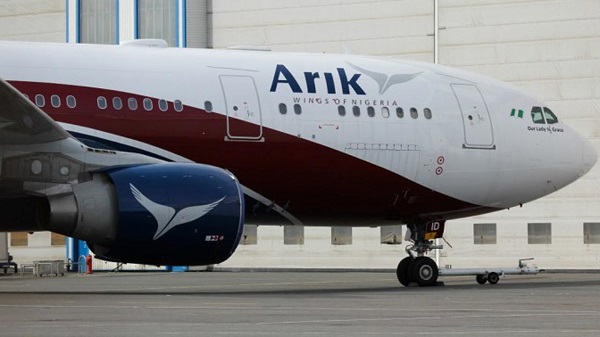FG Inaugurates Committee On Over Time Cargo Clearance

The Federal Government on Thursday inaugurated a committee composed of the representatives of Nigerian Ports Authority (NPA), Nigeria Customs Service (NCS), Federal Ministry of Transportation and others to address lingering issues of overtime cargoes at the nation’s seaports and proffer solution on how the cargoes can be cleared.
The committee is to be chaired by the Permanent Secretary, Federal Ministry of Transportation (FMT), Dr. Magdalene Ajani.
Inaugurating the committee in Abuja , Ajani said that the inability to clear overtime cargoes at the nation’s seaports has affected the number of cargoes that can be handled due to limitation of space.
She observed that the situation has resulted in a drastic drop in the volume of cargo coming into the country, and consequently affected government’s revenue.
The Permanent Secretary explained that the clearing of overtime cargoes should not be confined to the Ikorodu Lighter Terminal, Lagos Port Complex, and TinCan Island Port Complex but all other ports and terminals across the country.
The committee’s terms of reference include confirming the inventory of submission by the Nigerian Ports Authority on the actual number of overtime cargo in the ports and other locations; conducting a joint examination of all such cargo to determine contents suitable for use or consumption; provide a list separating goods for disposal by public auction and those to be disposed by condemnation/destruction.
Also, it is to gazette all cargoes identified as overtime for disposal and to determine the methodology for public auctioning at various ports and locations.
The committee is also to determine the recover ability of terminal operators’ revenue arising from long occupation of economic spaces at the port, transfer charges and ensure that the process is in conformity with applicable customs practices.
Responding on behalf of the committee, Comptroller Adekunle Oloyede of the Nigeria Customs Service assured that the members will resolve the challenges of overtime cargo at the port.







